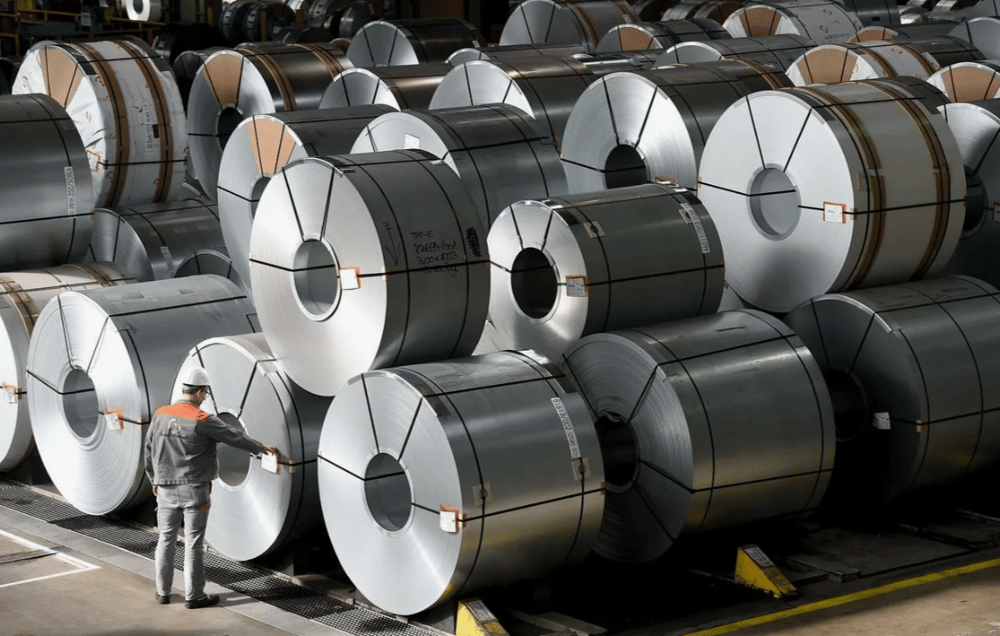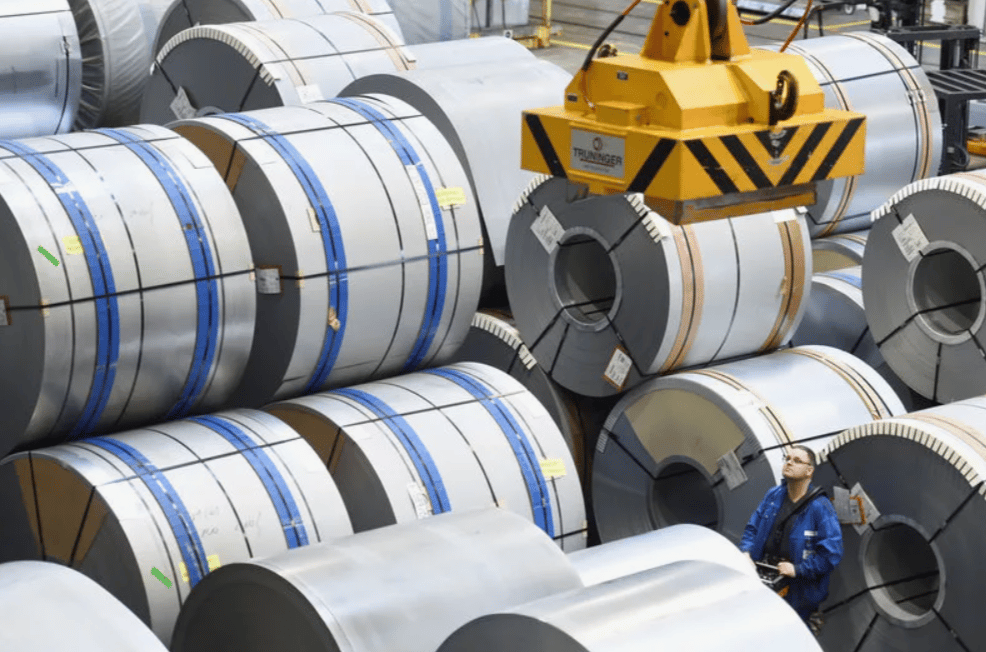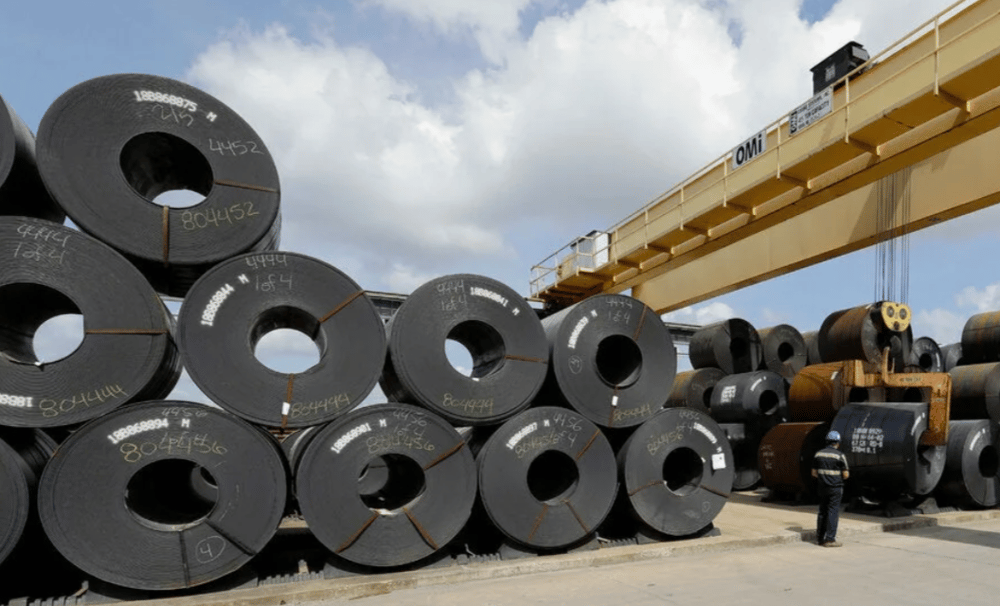US Exempts UK from Steel and Aluminum Tariff Hikes Amid Ongoing Trade Negotiations
On Tuesday, the United States announced a significant exemption for the United Kingdom from increased tariffs on steel and aluminum imports. This move came shortly after the British government declared that both countries had reached a mutual understanding on the urgent need to finalize a trade agreement aimed at reducing tariffs. President Donald Trump signed the statement exempting UK metals from the scheduled tariff hike, set to double to 50% for other nations starting June 4. This exemption underscores evolving trade relations between the US and the UK amid heightened global tariff tensions.
Implications of US Tariff Exemption for UK Metals and Broader Trade Relations
The Trump administration's decision to exclude the UK from the planned 50% tariff increases on steel and aluminum imports reflects strategic trade diplomacy amidst the ongoing US trade policy reshaping. The exemption follows months of trade friction with key partners, notably China, and signals a distinct approach towards the UK as the two nations work toward a comprehensive bilateral trade deal.
The tariffs, originally imposed to protect domestic industries under national security pretenses, have significantly affected global supply chains and increased production costs. By sparing the UK from these escalations, the US aims to facilitate smoother trade flows and support closer economic cooperation post-Brexit.
This tariff reprieve also suggests that the US views the UK as a critical ally and partner, with negotiations focused on mutually beneficial tariff reductions and trade liberalization. However, the exemption only applies to UK imports; tariffs for other countries remain set to rise as planned from June 4, which maintains pressure on non-exempt trading partners to negotiate.

Key Facts
Tariff exemption: UK steel and aluminum imports excluded from 50% tariff increase.
Effective date for others: June 4 for doubled tariffs on steel and aluminum imports.
Signatory: US President Donald Trump.
Context: UK-US agreement to accelerate tariff reduction negotiations.
Broader trade climate: Part of US efforts to renegotiate or impose tariffs on multiple trading partners.
Market Reaction and Trade Policy Commentary
The exemption announcement has been positively received by UK steel and aluminum producers, alleviating immediate concerns over potential cost surges and market disruptions. Industry analysts emphasize that maintaining tariff-free metal imports from the UK preserves supply chain stability in critical sectors like automotive, aerospace, and construction.
From a geopolitical standpoint, this move strengthens the foundation for a post-Brexit UK-US trade agreement. It signals Washington’s intent to reward strategic partners and incentivize swift trade deal negotiations.
Market observers highlight that while the UK enjoys this preferential treatment, other countries face escalating tariffs, which may shift trade flows and investment decisions. The continued imposition of higher tariffs on non-exempt countries underscores ongoing US trade policy assertiveness, particularly targeting China and other major exporters.

Key Takeaways
The US exempts UK from 50% tariff hikes on steel and aluminum, effective June 4 for others.
The exemption supports ongoing UK-US trade negotiations, enhancing bilateral cooperation.
Other countries face increased tariffs, maintaining US leverage in trade talks.
UK industries benefit from supply chain stability and reduced import costs.
The decision reflects broader US strategy to reshape global trade relationships.
Significance of the US Tariff Exemption for UK Trade and Global Market Dynamics
The US decision to exclude UK steel and aluminum imports from tariff hikes marks a critical juncture in bilateral trade relations and highlights the strategic importance of the UK in the current US trade agenda. It demonstrates the US government’s willingness to tailor trade measures to favor key allies while continuing to apply pressure on other trading partners.
This exemption not only mitigates immediate economic risks for UK metal industries but also lays groundwork for accelerated tariff negotiations, potentially benefiting both economies in the long term. As global trade tensions persist, such targeted tariff policies will play a crucial role in shaping the international economic landscape.















Comments